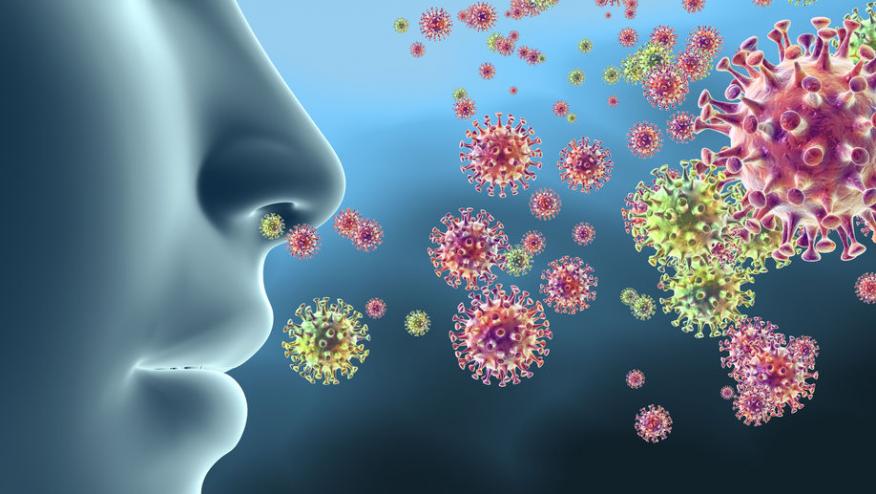Plaquenil Does Not Protect Lupus Patients from COVID-19 (Best of 2020) Save

Editor's note: This article originally appeared May 14, 2020, and is being shared again as part of RheumNow's "Best of 2020".
Annals of Rheumatic Disease reports on an analysis of lupus (SLE) patients that shows COVID-19 infection rates were similar between those lupus patients who were taking hydroxychloroquine (HCQ) and those not taking HCQ.
Data from the COVID-19 Global Rheumatology Alliance registry shows that 80 patients with SLE and COVID-19 in the registry were mostly female (90%) and under 65 years of age (86%).
Two-thirds (64%) of lupu patients were on an antimalarial (HCQ or chloroquine) prior to infection with SARS-CoV-2.
Nearly one-fifth of all rheumatic disease patients in the registry were taking an antimalarial prior to onset of COVID-19 and half (49.6%) required hospitalisation.
Amongst SLE patients, COVID hospitalisation rates did not differ between those taking or not taking an antimalarial (55% vs 57%). Similarly there was no difference in the need for escalated care (ventilation or ECMO).
They concluded that HCQ treated lupus patients "can develop SARS-CoV-2 infection and severe COVID-19 at similar frequency as lupus patients not on antimalarials".
Usual HCQ dosing in SLE (5.0–6.5 mg/kg) generally achieves whole blood concentrations of 5–15 µM (~1679–5038 ng/mL), corresponding to the EC90 for SARS-CoV-2, but this may not be sufficient as some studies suggest that elimination is best achieved with much higher HCQ concentrations (ie, ~6700 ng/mL). These data from the COVID-19 Global Rheumatology Alliance registry shows that lupus taking routine doses of HCQ are not universally protected from COVID-19.










If you are a health practitioner, you may Login/Register to comment.
Due to the nature of these comment forums, only health practitioners are allowed to comment at this time.